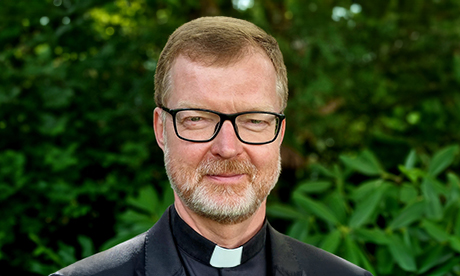When looking at the entire church, it should not be assumed that everyone is on the same page when it comes to abuse.
There are cultural differences in the way abuse is handled within the Catholic Church, according to child protection expert Hans Zollner.
Speaking to feinschwarz.net, Fr Hans Zollner emphasised that in many countries, especially those with younger populations, “sexualised violence is still not a topic that really affects the public”.
Hans Zollner SJ is a German Jesuit priest, theologian and psychologist. He is also a Professor at the Gregorian University; Director of its Institute of Anthropology, Interdisciplinary Studies on Human Dignity and Care; and one of the world’s leading experts on safeguarding and the prevention of sexual abuse.
“In the vast majority of the world’s most populous countries, it is challenging to even talk about sexuality itself in families or schools, in religions or in the media” he said.
Sexual violence is an unspeakable taboo for the majority of these societies – “even where reality speaks different volumes if you look closely”.
Church leaders avoiding interactions
Zollner criticised church leaders for avoiding interactions with survivors in countries like Germany where the issue is more openly discussed.
Encounters with those affected are “so disturbing and unpleasant for many church leaders and members that they avoid them. Sufferers usually do not feel welcome, do not want to risk being recognised, are under pressure from church leaders, but also in the family”.
According to Zollner, a big problem is that those responsible are not implementing standards and laws on dealing with and preventing abuse in the church.
“It’s probably also because people are still reacting to individual cases, and no systemic consequences are being drawn.”
Fr Hans Zollner stressed that merely expressing regret without taking systemic action undermines trust.
“Trust arises when you see that someone does what he or she says. Where the opposite happens not just once but feels like it happens all the time and everywhere … the foundation of credibility is destroyed, namely not in the sense of a personal evaluation.”
